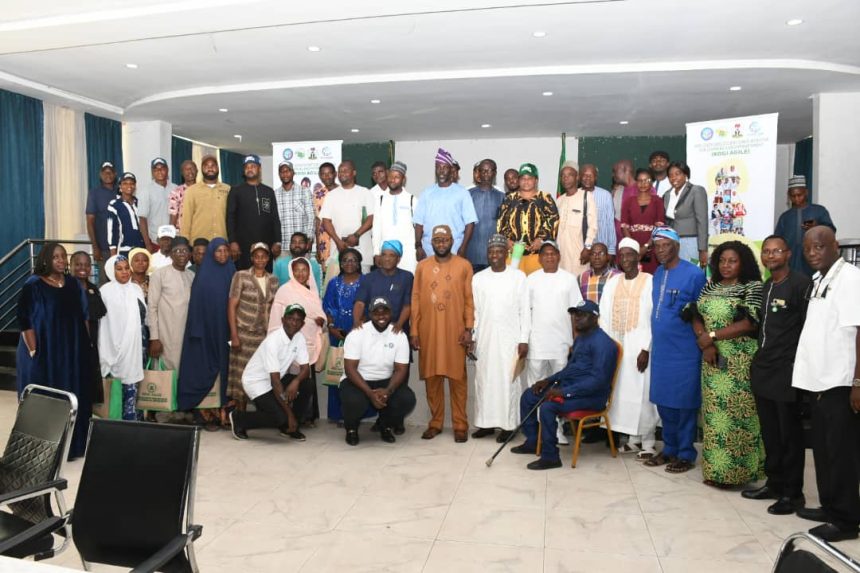By Joy Salami
The Adolescent Girls Initiative for Learning and Empowerment (AGILE) Project in Kogi State, has strengthened its collaboration with various stakeholders, including media houses, Non-Governmental Organizations (NGOs), and Civil Society Organizations (CSOs).
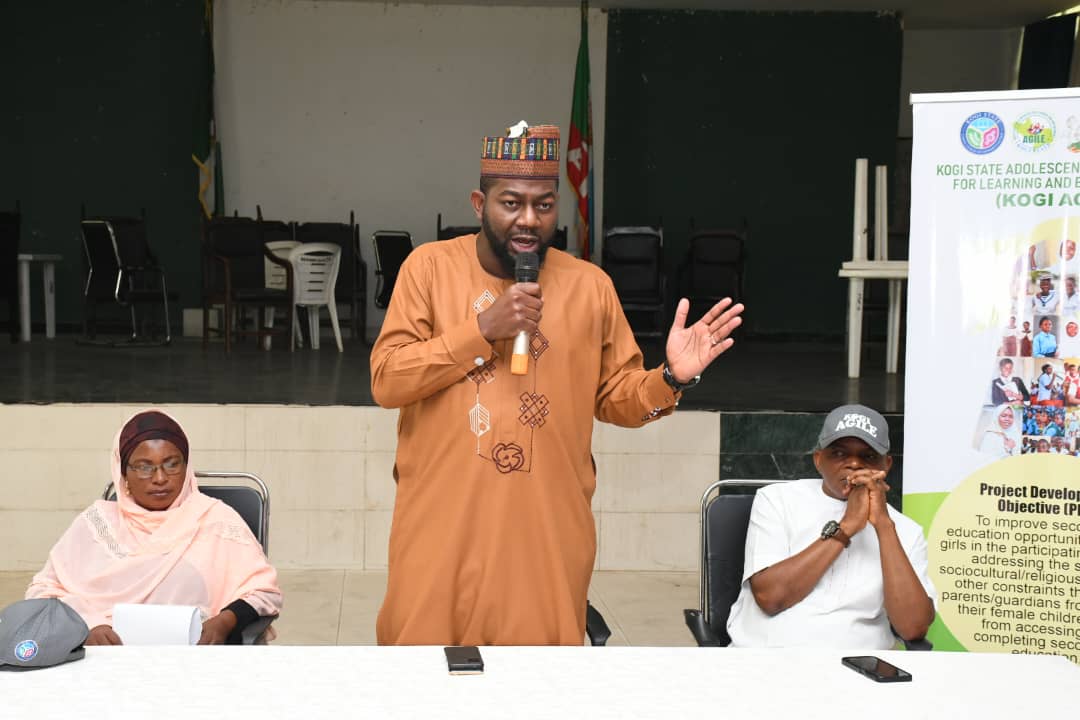
This partnership aims to raise awareness about the project’s objectives and the positive impact it will have on adolescent girls in the state.
During a recent sensitisation and interactive session in Lokoja, Dr. Abdulhakeem Bello, the State Coordinator for AGILE, highlighted the importance of this collaboration in reaching communities with accurate information about the project.
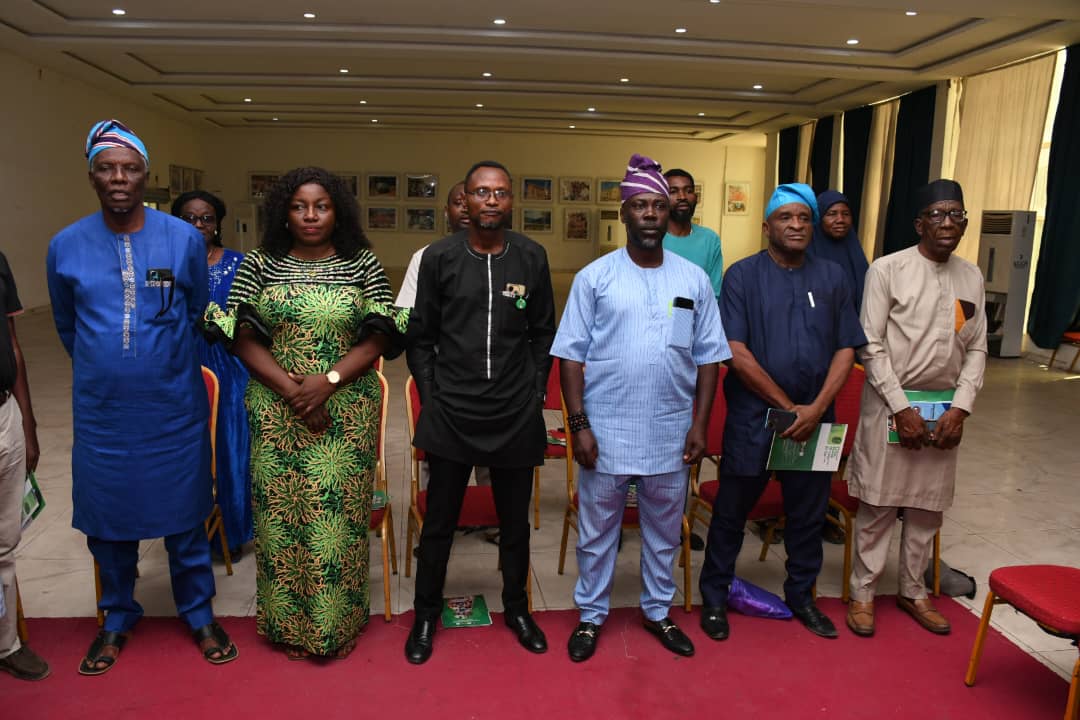
He emphasised the need to bridge the gap in knowledge at the grassroots level, ensuring that more families understand and support girls’ education.
“This partnership is a crucial step in spreading the word about AGILE and the opportunities it presents for adolescent girls. Our aim is to ensure that the more people are informed, the more effective we will be in achieving our goals”, Dr. Bello explained.
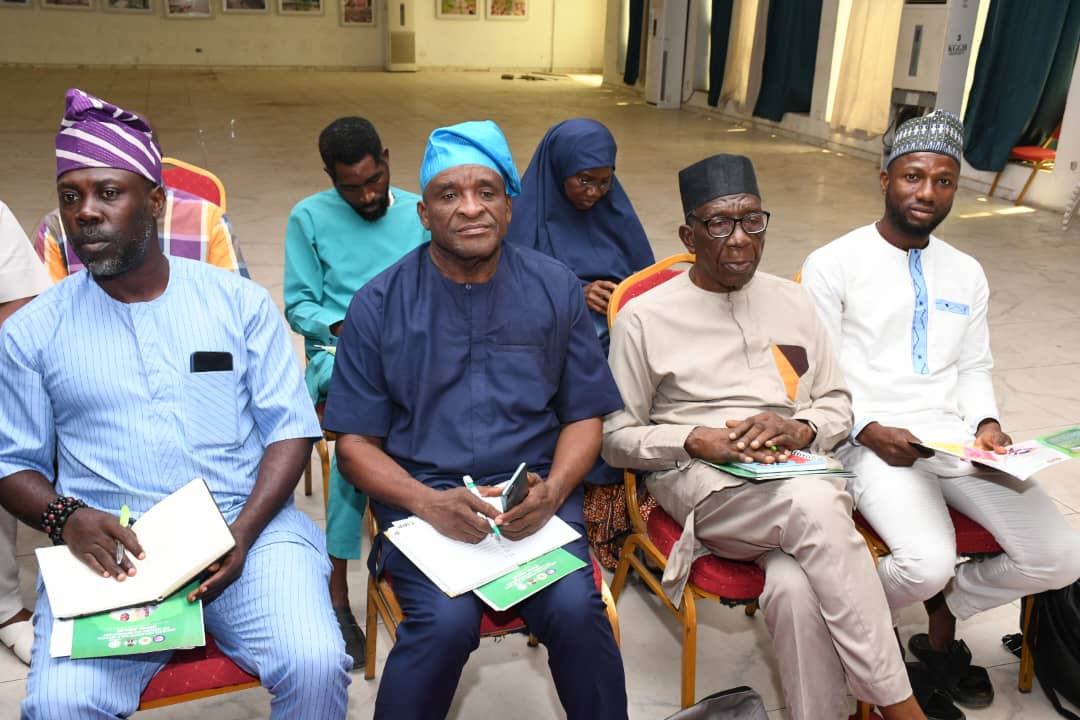
He disclosed that The AGILE Project is a World Bank-assisted initiative under the Federal Ministry of Education, focused on improving secondary education access for girls aged 10 to 20.
Despite the various efforts to increase girls’ enrollment, many face barriers such as financial challenges, early marriage, cultural norms, and inadequate school facilities. These factors have led to a high dropout rate among adolescent girls in Kogi State.
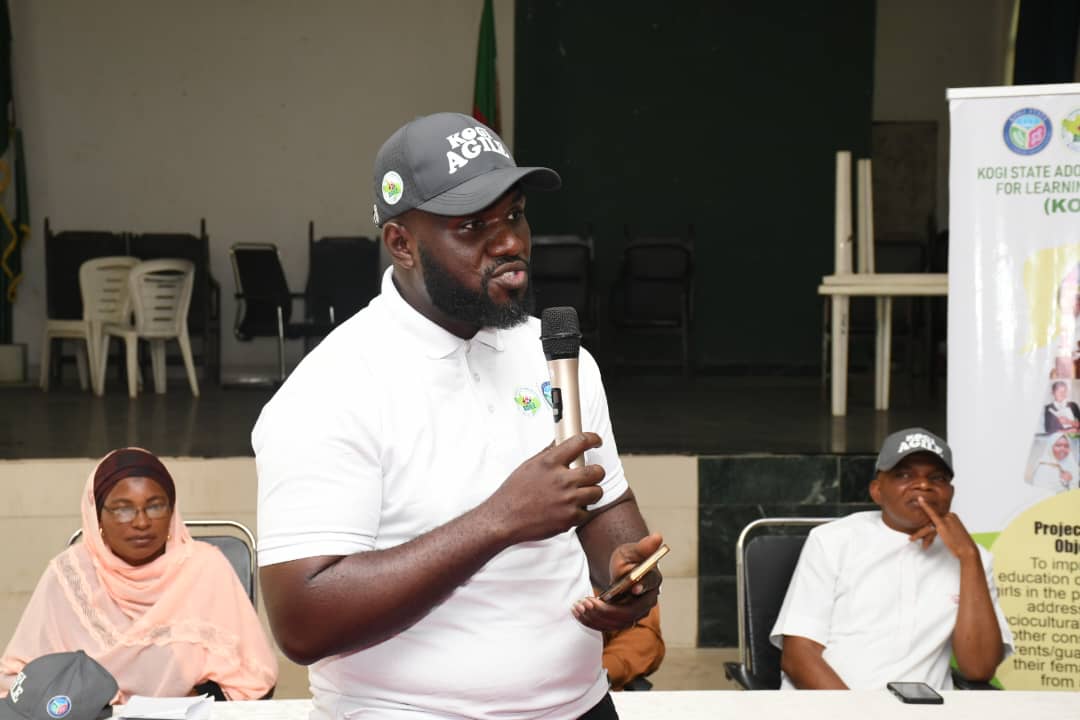
To address these challenges, AGILE is rolling out a series of initiatives designed to boost school enrollment, retention, and completion. A key focus of the project is improving school infrastructure. As part of its plan, AGILE will build new classroom blocks, laboratories, and toilets in government secondary schools, in addition to renovating existing structures to create a more conducive learning environment.
As technology becomes increasingly integral to modern education, AGILE will also enhance digital literacy by equipping selected senior secondary schools with solar-powered computer labs and internet access. This will help close the digital divide and ensure that students are prepared for future challenges in an increasingly tech-driven world.
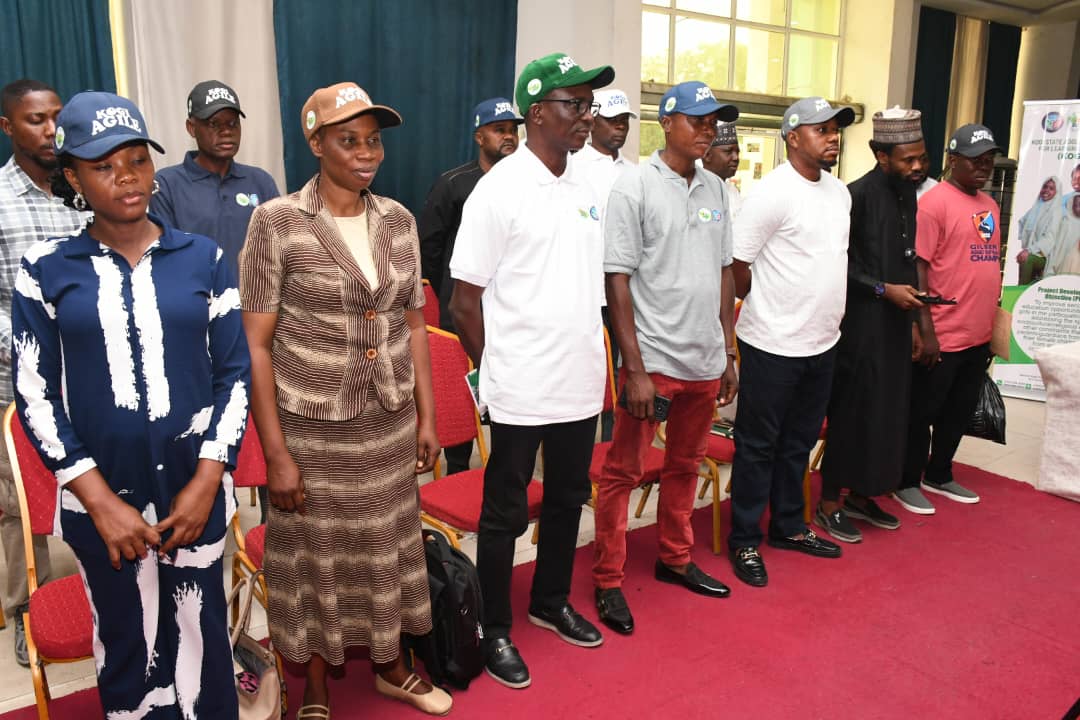
The project goes beyond academics, providing life skills training to equip girls with essential knowledge in leadership, financial literacy, digital skills, and personal development. These programs aim to prepare girls for future careers and entrepreneurial endeavors.
In an effort to support out-of-school girls, including young mothers and married women, AGILE is launching a second-chance education initiative. This program will offer literacy, numeracy, and vocational training, helping these young women reintegrate into the educational system or enter the workforce with valuable skills.
To alleviate financial burdens and encourage school attendance, AGILE will provide scholarships and conditional cash transfers. Girls moving from primary to junior secondary school will receive ₦50,000, while those in secondary school will receive ₦10,000 per term. These funds will be distributed through ATM cards, ensuring transparency and direct access to the beneficiaries.
Dr. Bello also expressed concerns about the declining confidence in public secondary schools, with many parents opting for private institutions instead.
He urged all stakeholders, including media professionals, community leaders, and traditional rulers, to work together in advocating for improved standards in public schools.
“Public secondary schools used to be the pride of our nation, but now many parents are hesitant to send their children to these schools due to the decline in quality. With AGILE, we are committed to reversing this trend by improving the infrastructure, learning conditions, and overall education quality in government schools,” Dr. Bello stated.
Participants at the sensitisation session expressed support for the initiative, with many hopeful that it will significantly reduce dropout rates and provide adolescent girls in Kogi with better educational prospects.
As the AGILE Project moves forward, Kogi State is on track to make substantial progress in empowering girls through education, skills development, and financial assistance.
However, the success of this project hinges on ongoing collaboration between government agencies, NGOs, CSOs, and the media to ensure that every girl has access to the opportunity to thrive.


